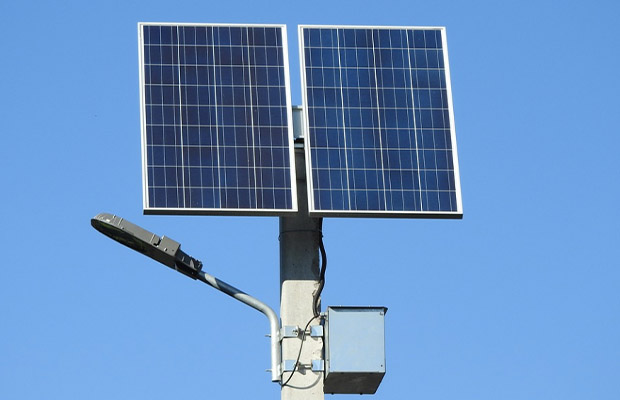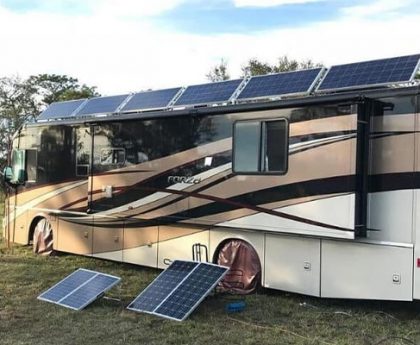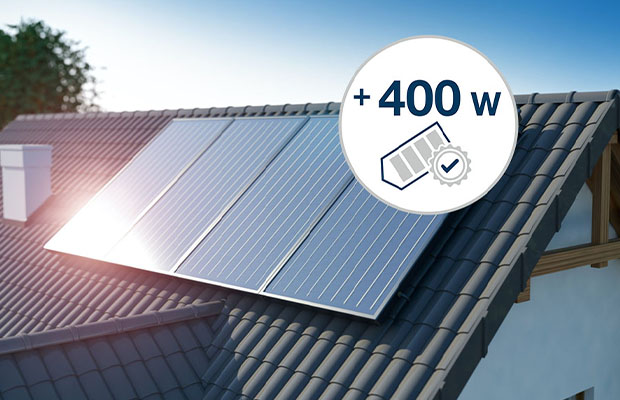Can you charge solar batteries without a charge controller? This is a frequently answered question. Without a battery, a solar charge controller will not work. The charge controller’s job is to control the voltage that is applied from your solar panel system to your battery. Batteries and charge controllers are not necessary for smaller solar panel systems, but larger installations work more effectively and efficiently.
Table of Contents
About Solar Battery
Your solar system can benefit from additional power storage provided by solar batteries. You can use them to charge your electric car or store extra solar energy, for example. A solar battery is essentially a battery created from a combination of lithium-ion batteries and other materials that don’t include any hazardous chemicals.
The best approach to store energy from solar panels is with solar batteries. These batteries can power your home, charge your lights and appliances, or serve as a backup power source during blackouts, among other uses.
Renewable energy sources like solar power do neither harm nor deplete the environment. One of the most environmentally friendly sources of energy nowadays is solar energy. In some regions of the world, it is free, pure, and plentiful.
You can use solar energy by turning it into power, storing it in a battery, and using it at night or on overcast days. It is solar energy.
Sunlight is converted into electricity by solar panels. The electricity is used to power appliances like lights and refrigerators when linked to a battery or other device.
Solar panels transform solar energy into electricity that may be used for appliances, lights, and electronic device charging. However, simply leaving them on all day would be useless. You must link your solar system to another device, such as a battery bank if you want to fully utilize it.
Charge Controllers’ Critical Role
A solar charge controller, as its name suggests, is a part of a solar panel system that regulates the charging of a battery bank. Batteries are charged at the correct rate and level thanks to solar charge controllers. Without a charge controller, incoming power to batteries may cause harm, and when the sun isn’t shining, power may leak back to the solar panels.
Solar charge controllers perform a straightforward task, but it’s crucial to understand the two basic varieties, how they operate, and how to connect them to solar panels and batteries.
Can You Charge Solar Batteries Without Charge Controller?
All three crucial components are necessary for even the most powerful, bigger solar panel systems. A deep-cycle battery or a charge controller of some kind is built within the solar panels themselves. One to five watts of solar panels can power a smaller system without a controller. Another choice is to totally exclude the controller and battery and only rely on your solar panels to generate electricity.
Off-grid solar panel systems, however, require a battery to store the generated energy for later use. If not, any extra energy generated will be sent back into the system, which can prohibit you from having access to electricity, say, during a power outage.
You can choose to omit the battery from grid-tiered systems because it effectively acts as a backup power source. It is generally not encouraged, especially if your solar panel system is already providing all of your home’s energy needs. A backup battery should always be kept on hand in case of unplanned power outages or use.
You shouldn’t use your solar panel system either with or without a controller because the controller’s main responsibility is to regulate the battery and enhance its performance and lifespan.
Furthermore, the controller and battery work in tandem to make sure that you always have reliable power regardless of the time of day, the season, or climatic changes. Even a single passing cloud that blocks the sun for a fraction of a second can lead to lower power production and voltage flow. You are protected from any subsequent current loss caused by external sources by utilizing the controller and battery together.
What Functions Do Charge Controllers Serve?
A charge controller, which serves as an on/off switch, regulates the current flowing from the solar panel to the battery. It also makes that the battery is charged at the correct voltage.
A 12-volt solar panel typically produces more than that, giving the battery more electricity than it needs. Through the charge controller, which will regulate the provided voltage, only the required current will be let to flow to the battery.
When the battery is fully charged, the charge controller will also stop using the energy. The battery is protected by avoiding overcharging, which can shorten or destroy the battery. The controller won’t allow the current to flow again until the battery starts to run low.
In order to stop a reverse current from flowing back into the panel and draining the battery when it may not even be in use, the controller also functions at night when the battery is not being charged.
FAQs
Can solar panels be used to directly charge batteries?
The simplest approach to using solar power to charge a battery is to connect the positive solar panel wire to the positive battery terminal and the negative solar panel wire to the negative battery terminal. This used to be the most typical way to charge a battery.
What makes a charge controller necessary?
Regardless of the power source, whether it be solar panels, wind turbines, hydroelectric dams, fossil fuels, or the utility grid, almost all power systems that charge batteries utilize a charge controller. Its main job is to make sure that your deep cycle batteries will last for a long time.
Is a solar controller with a DC to DC charger necessary?
The DC to DC charger does not have an integrated solar regulator. Using a battery charger with a solar regulator and a solar-regulated solar panel can result in overcharging your battery.
Can I use an 18-volt solar panel to recharge a 12-volt battery?
While a solar panel can be linked to any battery, if it is attached to a battery with a voltage higher than 18 volts, no electricity will be produced. The other responses are false and should be disregarded.
Do solar energy systems deplete batteries at night?
In conclusion, yes, solar panels do partially drain batteries, but this can be minimized by using the right wiring layout.
Conclusion
It’s time to wrap up the discussion about charging solar batteries devoid of a charge controller. Solar energy is supported and used widely, whether it be to power an entire house or something more modest like camping or the roofs of RVs.
Additionally, you can think about using a smaller solar panel battery package rather than skipping the battery altogether, especially if you plan to use a charge controller, even if it can be pricey and bulky.
Actually, the battery and charge controller is designed to work together. In order to keep your power running no matter the weather or cloud cover, the charge controller’s main job is to regulate the current and voltage flow to the battery. If you’re doubtful of your ability to use the controller without a battery, it might be best to skip it altogether.




